Health hacks: the internet is full of them. And while some are great, many are nonsense with little backing from established doctors. Worse, some of this advice can actively harm you.
So, what are some genuine ways you can easily boost your health? We’ve recruited TV’s Dr Michael Mosley to share simple, science-backed tips that will improve your sleep, diet and overall happiness.
Plus, if you're looking for even more easy changes you can make to your daily routine to improve your wellbeing, check out his podcast, Just One Thing.
Dr Michael Mosley's top health tips
1
Walk downstairs as much as possible (it's better for you than going up)
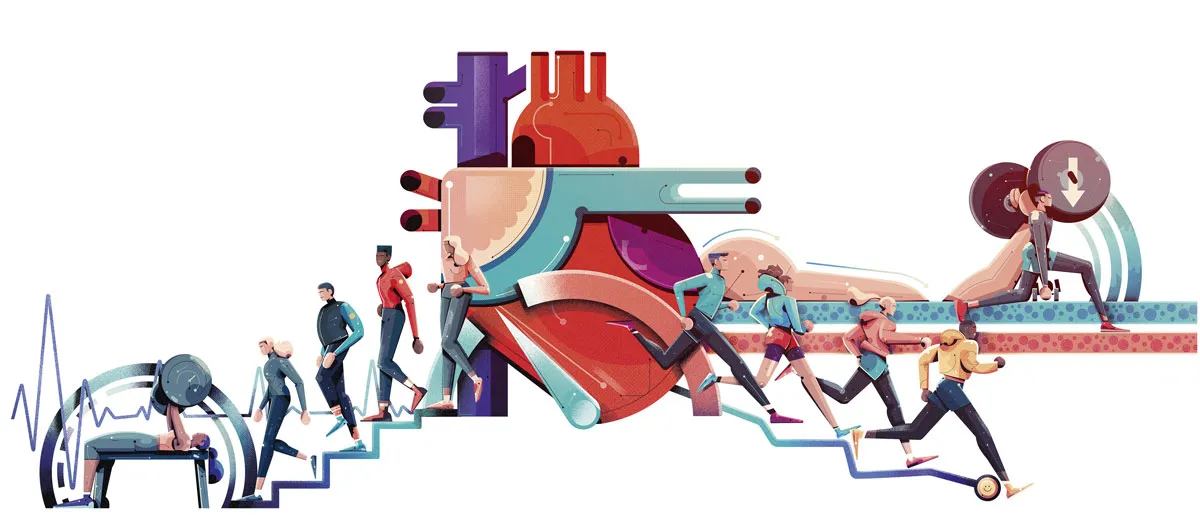
One of the best ways to get the most out of any workout is to make it ‘eccentric’. You might think that running up a hill is better for you than jogging down it, or that climbing a flight of stairs is going to challenge your muscles more than walking down, but in fact, the opposite is true. It seems crazy, but this is the new science of ‘eccentric exercise’.
The name comes from the fact that contracting your muscles (to climb stairs or lift weights) is called ‘concentric exercise’, but any work that goes into those muscles while they are stretched and elongated (as you go downstairs or lower the weights) is known as ‘eccentric exercise’ (pronounced ‘ee-centric’).
Tony Kay is professor of biomechanics at the University of Northampton. He explains that all forms of exercise create microscopic damage to the muscles. This stimulates the release of hormones which trigger your cells to rebuild that muscle stronger than before. Concentric exercises (such as bicep curls or squats) recruit and fatigue many different muscle fibres.
Although the eccentric part of the exercise (as we lower the weight, or sink down into a squat) recruits fewer fibres, it does so with a load that is up to four times higher. This, says Kay, creates far greater microscopic damage to those cells and fibres.
Read Dr Mosley's full advice on eccentric exercise.
2
Eat more protein to lose weight
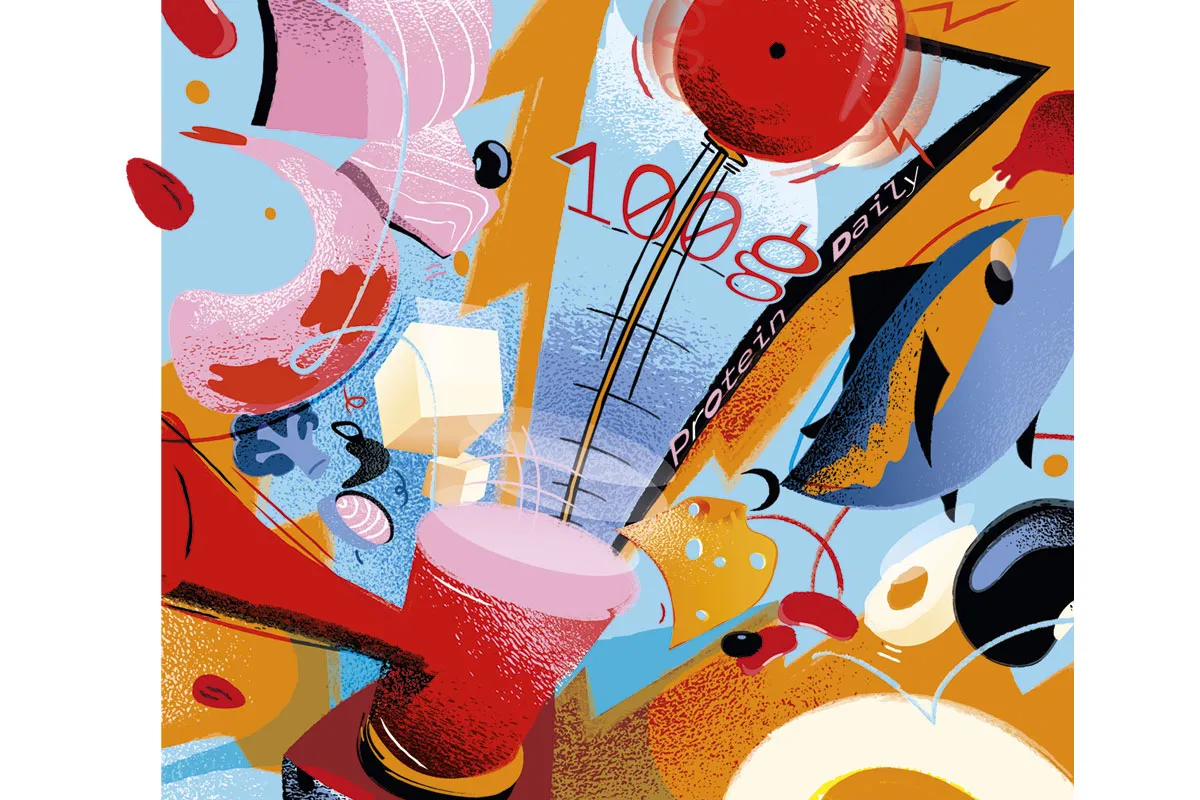
As you have probably noticed, in the world of diets there is an ongoing battle between fans of low-fat foods and those who prefer to embrace a low-carb lifestyle. Yet as I discovered when I began researching my latest book,The Fast 800 Keto, the biggest driver of appetite is that other macronutrient: protein.
Eggs, fish, meat and tofu are all rich in protein and help build muscles, enzymes and much of the infrastructure of our bodies; eating enough of it is absolutely vital for growth and repair. And as two leading Australian academics,Prof David RaubenheimerandProf Steve Simpson, argue, lack of protein is one of the major drivers of the current obesity epidemic.
If you don’t get enough protein in your diet, then you will develop cravings and overeat in a largely unconscious attempt to hit critical protein targets. They say that we need to consume around 15 to 20 per cent of our daily calories in the form of protein. This amounts to around 100 grams of protein, if you are eating the normal 2,000 to 2,500 calories a day.
Read Dr Mosley's full advice on eating more protein
3
Balance on one foot
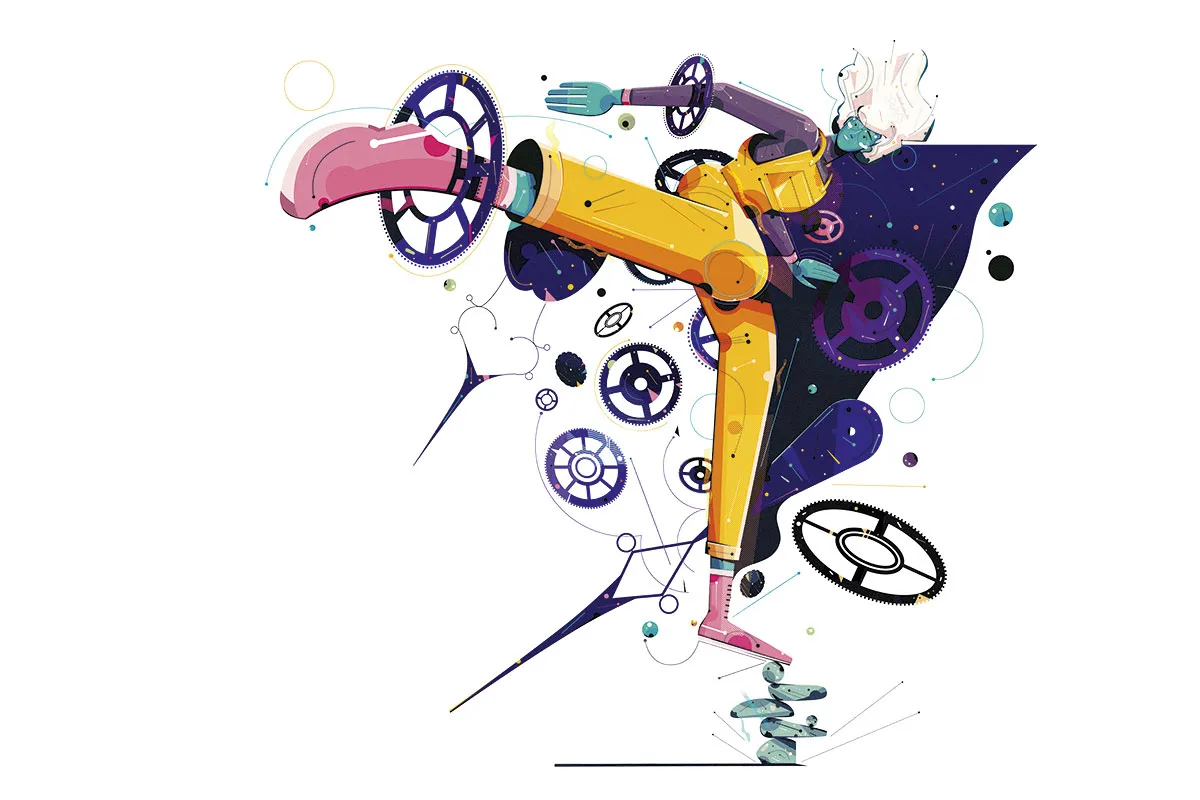
A common New Year’s resolution is to get fitter. Although people determinedly heave weights or run, they often forget the importance of working on their balance. Worldwide, falls are the most common cause of accidental death after road traffic accidents, and unless you do something about it, your balance will deteriorate as you get older. And having good balance is a powerful predictor of how long and how healthily you will live.
A good test of your balance is to see how long you can stand on one leg, first with your eyes open and then closed. Take your shoes off, put your hands on your hips and stand on one leg. See how long you last. The test is over as soon as you shift your planted foot or put your raised foot down on the ground. Best of three. Then repeat, with your eyes closed. You will be dismayed by how quickly you start to fall over. Here are the targets that different age groups should be able to manage:
- Under 40:45 seconds with eyes open, 15 seconds with eyes closed.
- Aged 40-49:42 seconds open, 13 seconds closed.
- Aged 50-59:41 seconds open, 8 seconds closed.
- Aged 60-69:32 seconds open, 4 seconds closed.
- Aged 70-79:22 seconds open, 3 seconds closed.
Read Dr Mosley's full advice on balancing on one foot
4
Practise deep breathing
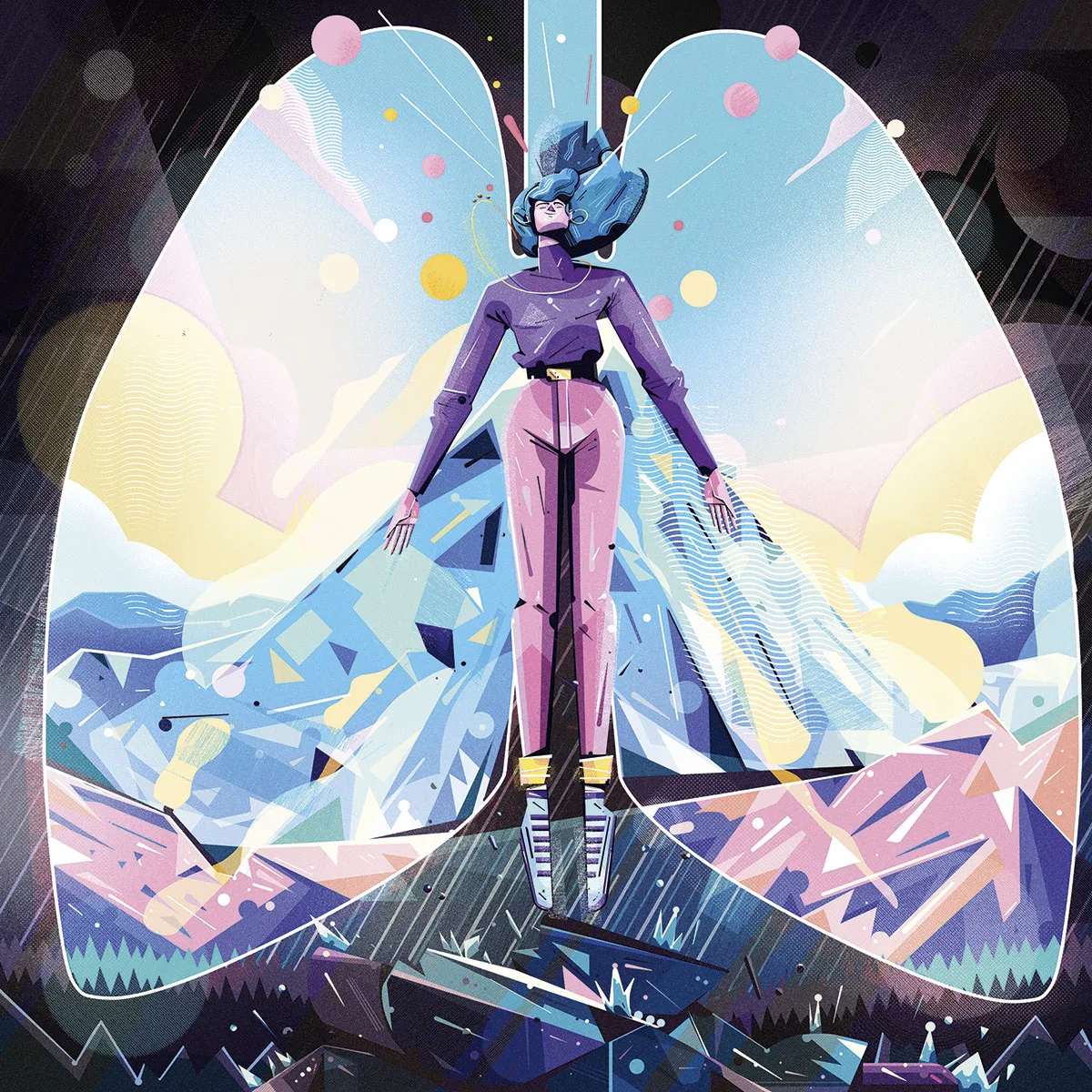
One of the things that has made a big difference to my life, and which is very simple to do, is to practise a bit of deep breathing. When I feel stressed or when I’m awake in the middle of the night and struggling to go back to sleep, which is quite common, I do a breathing exercise called 4-2-4.
I breathe in for a count of four, hold it for two, then breathe out to a count of four.
Deep breathing switches on your parasympathetic nervous system, which acts like a brake, calming your body down. Long, deep breaths will slow your heart and also reduce your blood pressure. That way it reduces anxiety.
Deep breathing can also be an effective way of dealing with pain. Chronic pain is closely linked to stress and learning how to do ‘controlled breathing’ is an important part of treatment for managing both.
Read Dr Mosley's full advice on deep breathing
5
Take cold showers

One of the most popular episodes from the first series of Just One Thing explored the risks and benefits of cold water immersion. For this episode I started having cold showers every morning, starting with a brief burst of hot water, followed by 45 seconds or so of an icy cold blast.
It certainly perks you up, but is there anything more to it than that? Well, there was a Dutch study published in 2016 in the journalPLOS Onewhere they recruited 3,018 people online and then randomly allocated them tohaving a cold shower every morning for a month, or to a control group who continued as normal. Those having the cold shower were further divided into those asked to do it for 30 seconds, 60 seconds or 90 seconds.
Over the following winter there was an outbreak of flu and it turned out that those people having cold showers were 30 per cent less likely to take time off for sickness than those in a control group, though it didn’t matter whether you were in the 30-second group or either of the longer groups.
Read Dr Mosley's full advice on cold showers
6
Eat plenty of beetroot and garlic to keep your blood pressure down
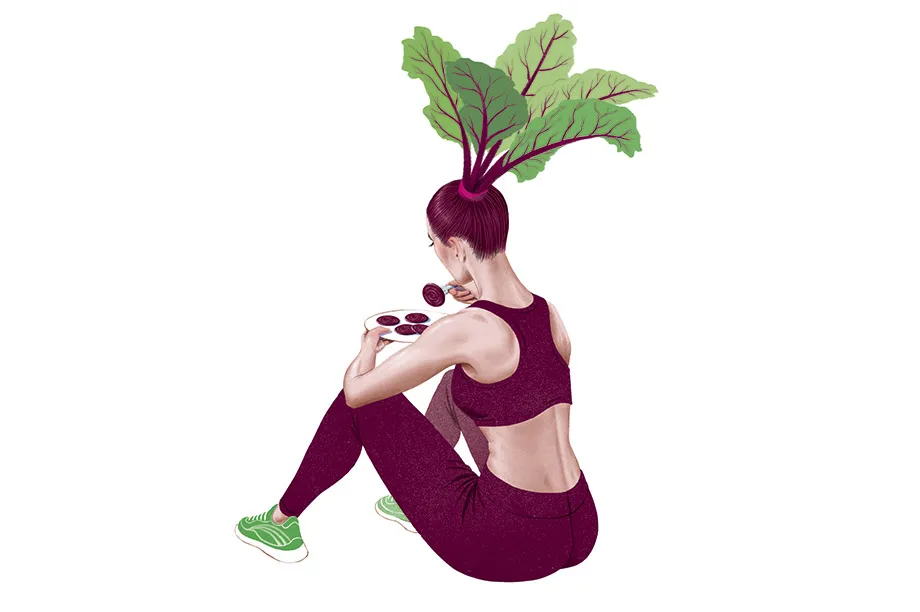
An ideal healthy systolic blood pressure is between 90 and 120mmHg, so what can you do if your blood pressure is slightly too high? Well, losing a bit of weight, exercising more and stopping smoking will all help, but so can consuming certain foods – or at least that is what we discovered on Trust Me, I’m A Doctor, when we did a small experiment with Dr Andy Webb at King’s College, London, a few years ago.
We wanted to test the claims that beetroot, garlic and watermelon could lower blood pressure. All three foods are said to work by boosting levels of nitric oxide in the body, which in turn causes blood vessels to open up and blood pressure to fall.
So what happened? Well the average systolic blood pressure of the volunteers at the start was 133.6mmHg. On the beetroot diet, this went down to 128.7mmHg. Consuming two cloves of garlic a day gave a similar result (129.3mmHg).
A fall in blood pressure of around 5mmHg doesn’t sound a lot, but studies suggest that if was maintained it would translate into a reduction of the risk of stroke and heart attack of around 10 per cent.
I love garlic and I am happy to pile my plate with beetroot and other nitrate-rich veg, such as rocket, spinach, chard and broccoli.
Read Dr Mosley’s full advice on lowering your blood pressure
7
Caffeine isn't all bad: it also has major health benefits
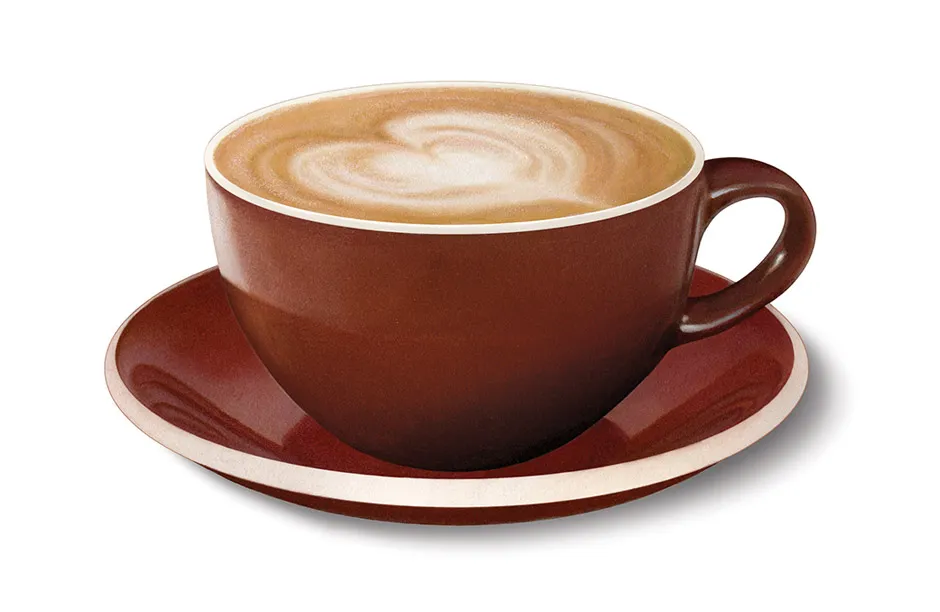
Apart from the flavour, what I love about tea and coffee is that they’re stimulants, rich with the world’s most widely consumed psychoactive drug, caffeine. A white, crystalline powder, it’s produced by plants to protect them against insect attack.
Not only do tea and coffee perk me up in the mornings, but there is strong evidence that caffeine consumers enjoy a range of other health benefits, with the benefits being clearer for coffee than tea.
A massive review of studies, ‘Coffee consumption and health: umbrella review of meta-analyses of multiple health outcomes’, published in theBritish Medical Journal, which looked at more than 220 studies, found that drinking coffee was associated with a significantly lower risk of heart disease andcancer, possibly because it’s rich in antioxidants and other anti-inflammatory compounds. Coffee drinking was also associated with a lower rate of Alzheimer’s and Parkinson’s disease.
Read Dr Mosley's full advice on drinking caffeine